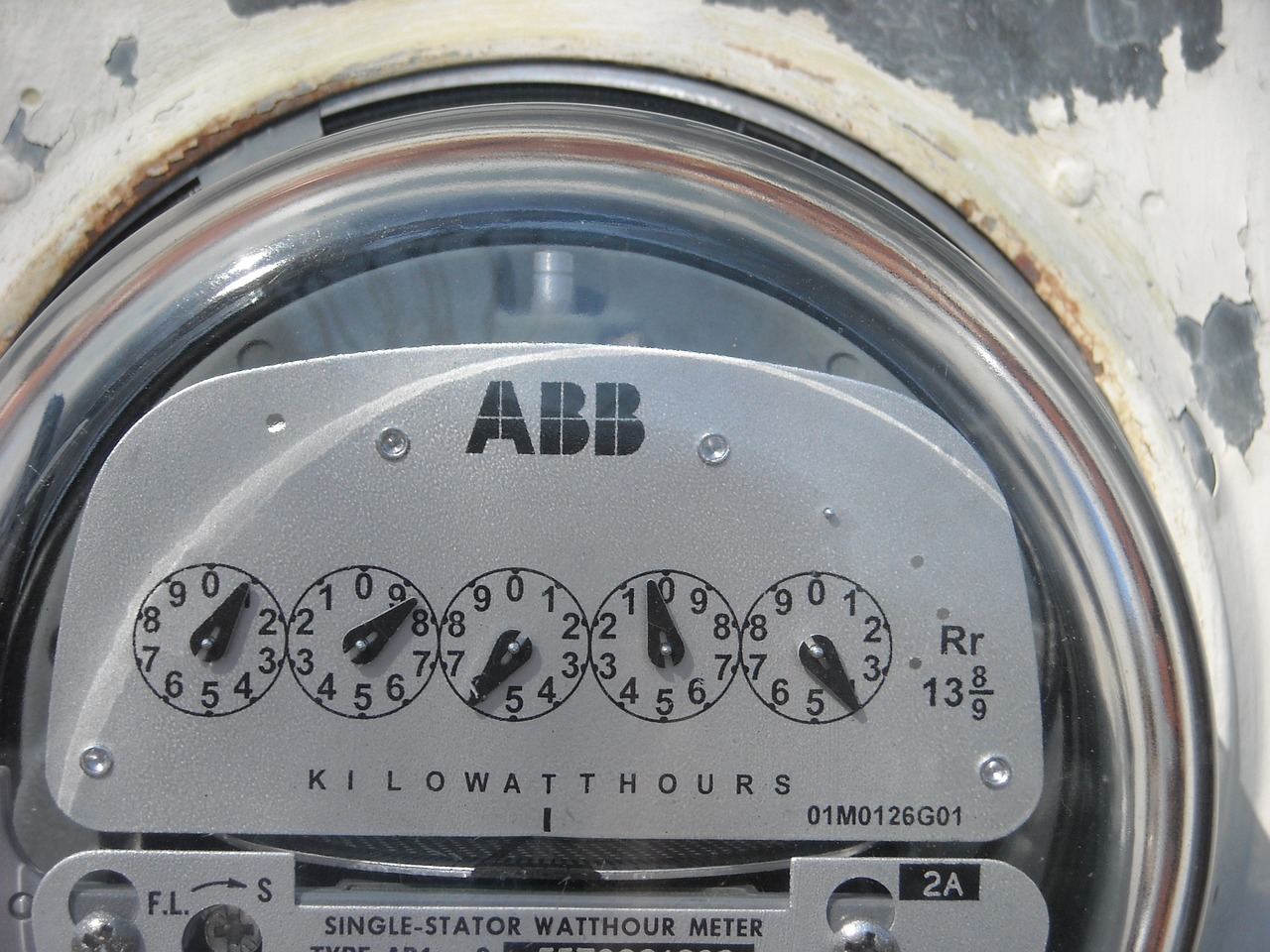Title: Preparing for a Cable Communication Interview
In today's world of rapidly advancing technology, cable communication systems are becoming increasingly important. An interview to discuss this topic will help us better understand the field and its future potential. During the interview, we will explore the basic concepts of cable communication, its applications in various industries, and the challenges it faces. We will also delve into the future of cable communication and how it can keep up with the evolving technology landscape. Additionally, we will discuss the necessary steps to prepare for a career in cable communication and the opportunities it presents. Finally, the interview will provide a broader understanding of the field and help individuals interested in pursuing a career in this exciting and rapidly growing area.
In today's interconnected world, cable communication systems are critical to the functioning of various industries and organizations. As a result, those seeking roles in cable communication must possess a deep understanding of the technology, engineering principles, and industry best practices.

When preparing for a cable communication interview, it's essential to brush up on your knowledge of key concepts such as cable types, their applications, and the challenges associated with cable installation and maintenance. For example, you should be familiar with coaxial cables used in television broadcasting and the characteristics that make them suitable for this purpose, such as their ability to carry both signals and power.
In addition to technical knowledge, soft skills are also essential for success in any interview. This includes effective communication, problem-solving abilities, and an understanding of industry trends and future possibilities. You should also be able to demonstrate your ability to work effectively in a team and your capacity for handling pressure.
To help you prepare for the interview, it's a good idea to go through some common questions and answer them out loud. This will help you get comfortable with the process and increase your confidence. Some sample questions might include: "Describe the difference between fiber-optic and coaxial cables," or "How would you go about troubleshooting a cable system that's not functioning properly?"
It's also essential to pay attention to your nonverbal communication, as this can often convey as much information as your words. Make sure you maintain eye contact with the interviewer, sit upright and confidently, and keep your voice clear and steady.

Finally, remember that the interview process is as much about assessing your fit for the company as it is about assessing your technical skills. Therefore, it's essential to research the company and understand its values, culture, and goals before the interview. This will help you make a more informed impression and increase your chances of success.
In conclusion, while a cable communication interview can be intimidating, it's important to remain calm, confident, and well-prepared. By following the tips outlined in this article and putting in the necessary preparation, you can significantly improve your chances of successfully navigating the interview process and securing the role of your dreams.
Articles related to the knowledge points of this article:
DT Programming Communication Cables: A Guide to Modern Cable Solutions
The Rise of Anhui Communication RVV Cable
Title: Communication Cable: Definition, Types, and Applications